When liberal Justice Ketanji Brown Jackson became the first Black woman to join the US Supreme Court, she was expected to bring a different view on racial matters than Justice Clarence Thomas, its only other Black member and a staunch conservative. That dispute was front and center on Thursday when the two justices publicly battled in sharply worded, dueling opinions as the court, in a blockbuster decision, effectively ended affirmative action policies in which colleges and universities consider race as a factor in student admissions. Such policies have been used by many schools for decades to boost their numbers of Black and Hispanic students. Jackson and Thomas, reflecting a deep divide in the United States, diverged on how race must be treated in the law. Jackson promoted its use to reduce entrenched inequalities. Thomas contended that the US Constitution is colorblind. Thomas wrote a concurring opinion accompanying the ruling that said Jackson’s “race-infused world view falls flat at each step.” Thomas suggested that instead of treating people as the sum of their experiences and challenges, Jackson myopically focuses on “racial determinism.” Jackson countered that it is Thomas who “demonstrates an obsession with race consciousness.” “Our country has never been colorblind,” Jackson wrote in her dissenting opinion, which was joined by the two other liberal justices. George Mason University law professor Ilya Somin called the exchange “fascinating,” noting that “they draw such different conclusions from the same history, even though both agree that Jim Crow (past segregation policies aimed at Black Americans in some states) and slavery were horrible forms of oppression at odds with Founding ideals.” “To some extent, the struggle that’s going on is – who speaks for the Black community on this court?” Cornell Law School Professor Michael Dorf said. “Part of the undercurrent in his (Thomas’s) response to Justice Jackson is that, ‘She doesn’t speak for all Black people, and she certainly doesn’t speak for me.’” The ruling – powered by the court’s conservative majority and written by Chief Justice John Roberts – held that the Harvard and UNC policies violated the Constitution’s 14th Amendment, which promises equal protection under the law. The provision was ratified in 1868 in the aftermath of the American Civil War and the emancipation of Black people who had been enslaved by white people in Southern states. ‘Ostrich-like’ Jackson, who was appointed last year by Democratic President Joe Biden, portrayed the ruling as “ostrich-like,” one that would “make things worse,” not better. “The only way out of this morass – for all of us – is to stare at racial disparity unblinkingly, and then do what evidence and experts tell us is required to level the playing field and march forward together, collectively striving to achieve true equality for all Americans,” Jackson wrote. “It is no small irony that the judgment the (court’s) majority hands down today will forestall the end of race-based disparities in this country, making the colorblind world the majority wistfully touts much more difficult to accomplish,” Jackson added. Jackson traced the history of racism that persisted from slavery to the present day, preventing Black Americans from gaining wealth and excluding them from opportunities in education and professional life. Jackson noted, for example, that white families’ median wealth is eight times that of Black families. Jackson, 52, said the majority’s decision will widen gaps between students and “delay the day that every American has an equal opportunity to thrive, regardless of race.” Thomas, who is 75 and has served on the court since 1991, delivered a defence of colorblindness – that the Constitution prohibits actions that treat minorities differently, regardless of their intent. Much of what Thomas wrote on Thursday was directed at Jackson. “As she sees things, we are all inexorably trapped in a fundamentally racist society, with the original sin of slavery and the historical subjugation of black Americans still determining our lives today,” Thomas wrote. “The panacea, she counsels, is to unquestioningly accede to the view of elite experts and reallocate society’s riches by racial means as necessary to ‘level the playing field,’ all as judged by racial metrics,” Thomas added. Thomas cited his personal experience in supporting his arguments: “Even in the segregated South where I grew up, individuals were not the sum of their skin color. Then as now, not all disparities are based on race.” In a footnote to her dissent, Jackson responded to Thomas’s critique, suggesting that he misconstrued her arguments. “Justice Thomas ignited too many straw men to list, or fully extinguish,” Jackson wrote. Jackson added that Thomas refuses to see the “elephant in the room” – that race-based disparities continue to impede achievement for a great number of Americans. Read all the Latest News, Trending News, Cricket News, Bollywood News, India News and Entertainment News here. Follow us on Facebook, Twitter and Instagram.
The dispute was front and center on Thursday when the two justices publicly battled in sharply worded, dueling opinions as the court effectively ended affirmative action policies in which colleges and universities consider race as a factor in admissions
Advertisement
End of Article


)
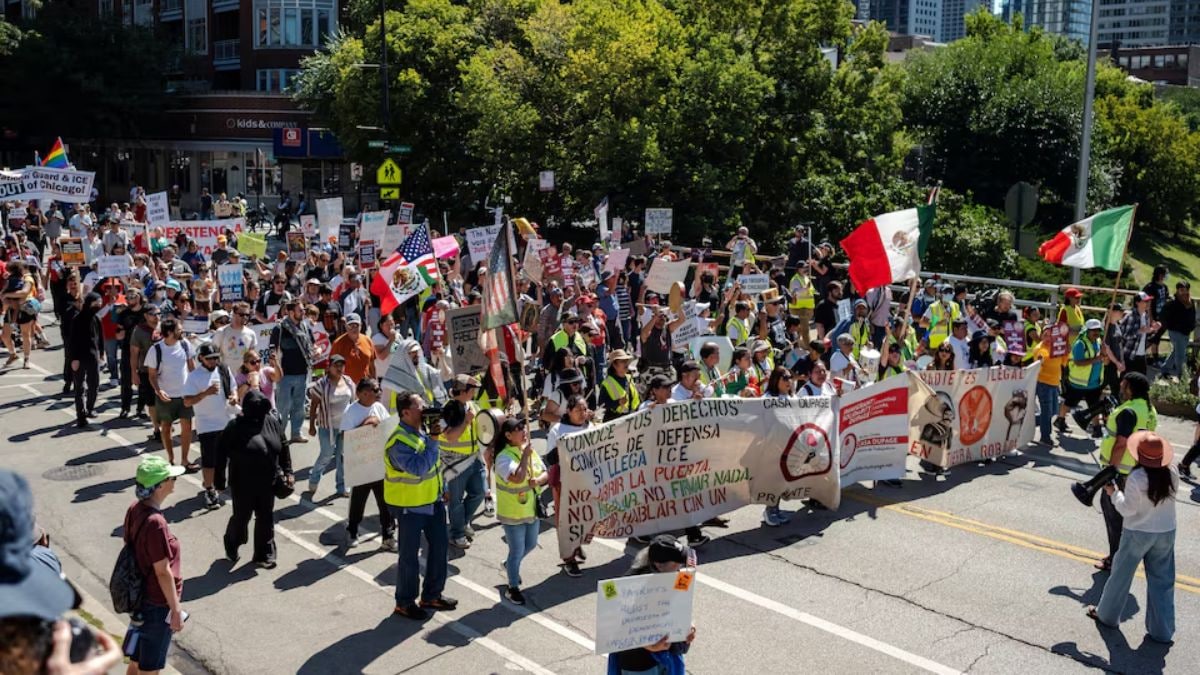
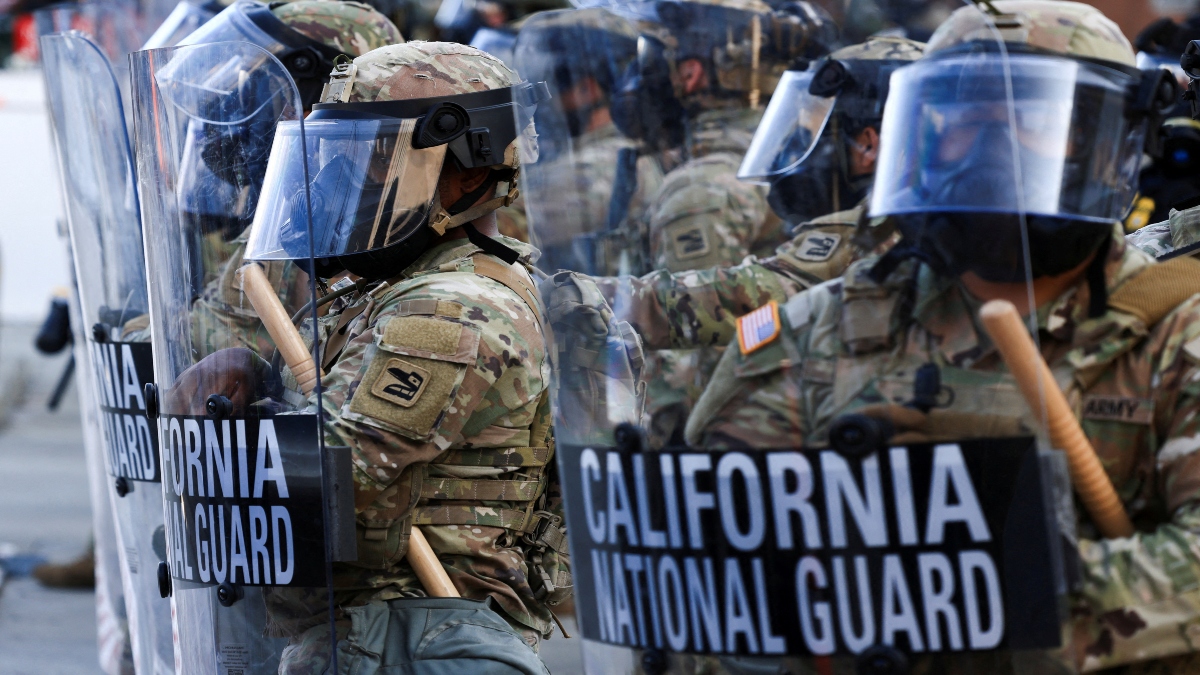)
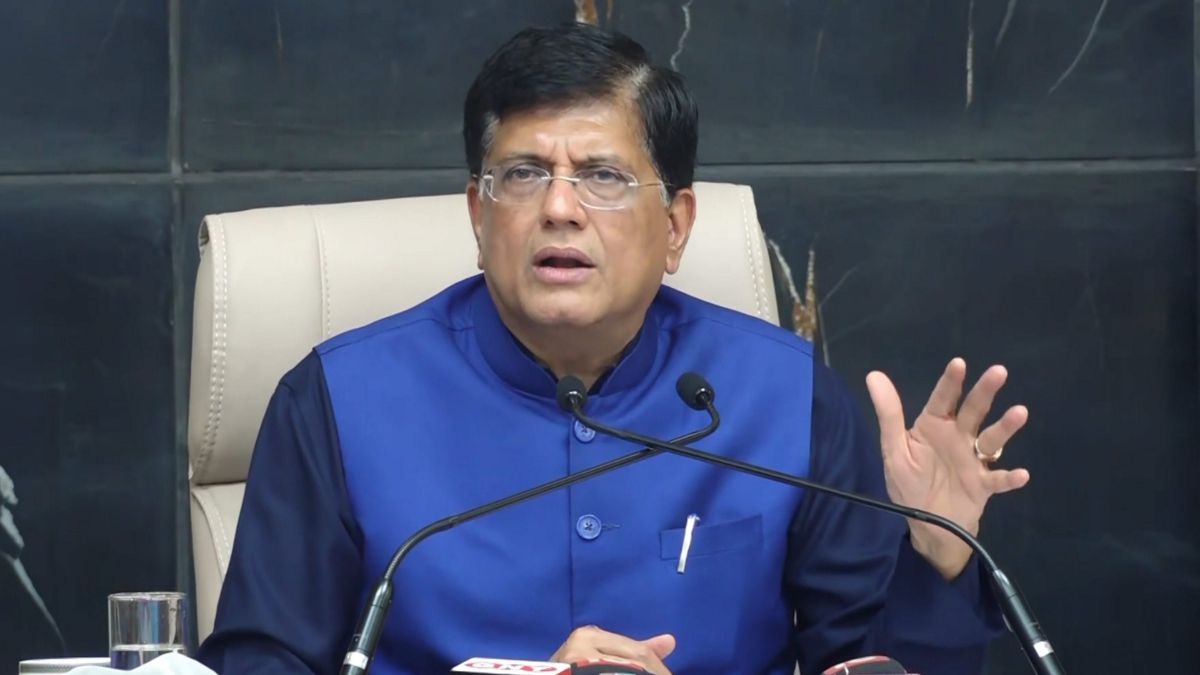)
)
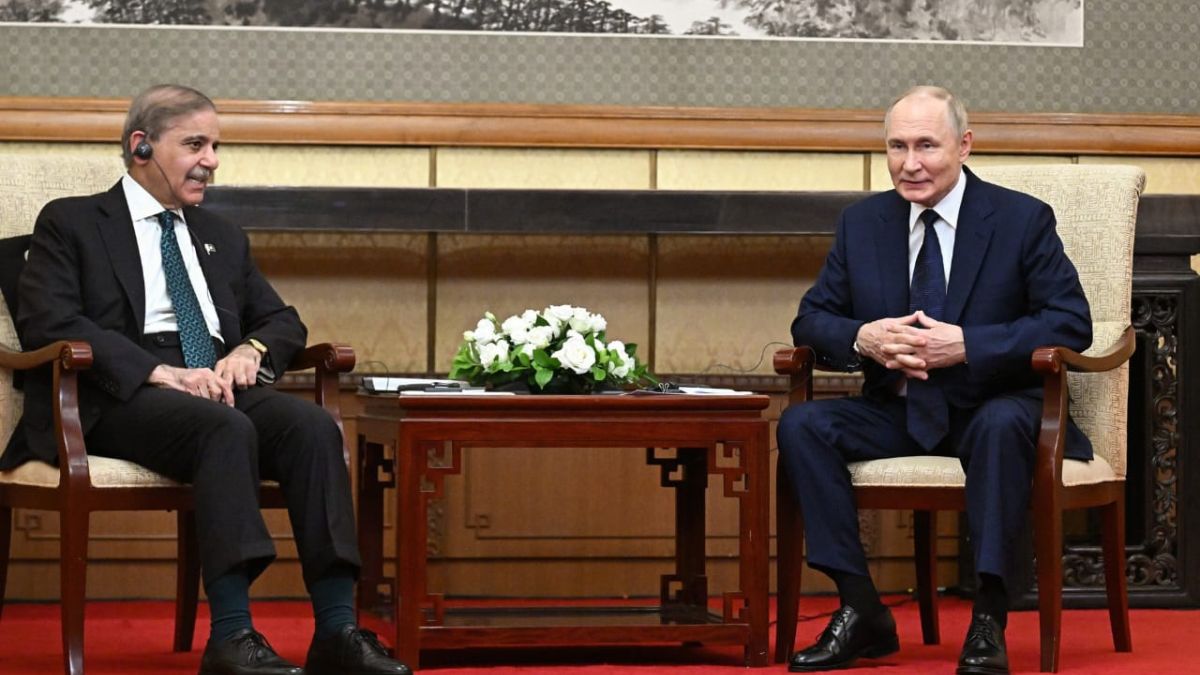)
)
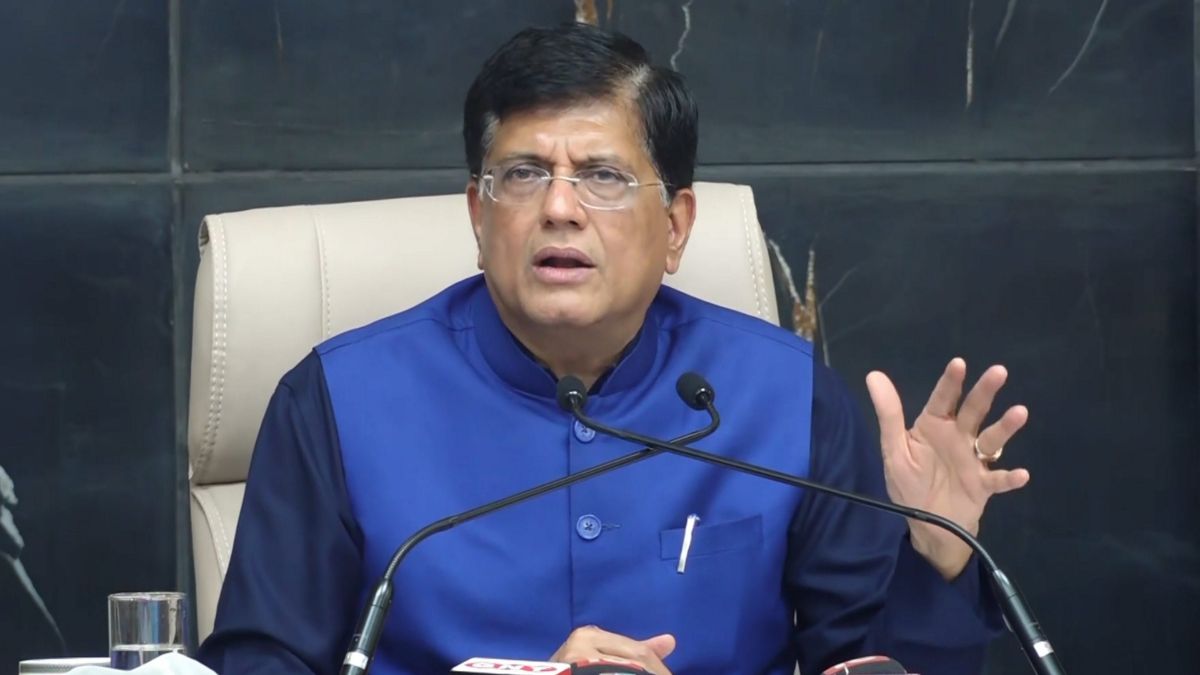)
)
)



